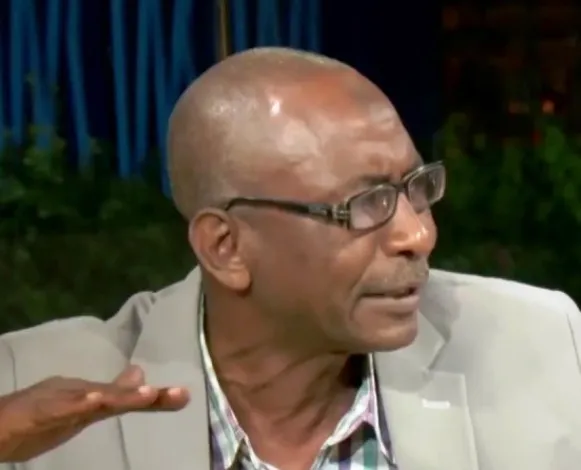About theatrical groups and bands in Sudan

Alsir Alsayed
Since theater is by nature a collective art, it will be natural for theater groups and bands to be established.
Sudan has known the tradition of theatrical troupes since the early twenties of the last century, when the Graduate Club troupe was founded under the leadership of Professor Siddiq Farid. Over the course of days, this tradition has become inherent in the theatrical movement, so much so that we can monitor hundreds of bands that were founded from that date until now.
Reasons for establishment in the Sudanese experience:
There may be many reasons behind the establishment of theater groups and troupes in the Sudanese experience, but I was able to glance these following reasons:
1- Central figure with special authority in the theatrical act, such that he is the one who takes the initiative, given that he is the author, director, and main actor, and has distinguished experience in the field of theatre. Here we can mention, for example, the Sudan Acting and Music Band, which was founded by the theater pioneer Maysara Al-Serraj in 1946, and the troupe of heatrical pioneer Al-Fadil Saeed, through its various transformations from the second half of the 1950s until its division in the early 1970s, then continuing under the name Al-Fadel Saeed Troupe until his death in 2005.
Also the Free Theater Band of theatrical pioneer Hassan Abdel Majeed.
2- The individuals who make up the troupe or group, who are united by their love of theater, in one place with intimate privacy, such as the neighborhood or the place of study or work. The best example are the Friends Theater Group, the Experimental Theater Group, and the Omdurman Theater Group, which were founded in their early days by friends who live in one neighborhood, the Sadeem Theater Group and the Shouf Theater Group, which were founded by individuals who were students at the Higher Institute of Music and Theater at the time of their founding, and the Sudanese Theater Club Group, which was founded by individuals brought together by the Institute of Additional Studies at the University of Khartoum.
3- The individuals who make up the band or group in an organizational framework with political, social, cultural, or charitable goals. Our examples here are the Graduate Club Band, the Namariq Theater Band affiliated with the Namariq Organization for Literature and Arts, the Central Band of the Sudanese Youth Union, and cultural club teams such as the Al-Zahra Club Band.
4- The practical necessities, as happened at the beginning of the theatrical seasons held by the National Theater in the period from 1967 to 1978, when the circumstance at that time imposed, or let us say it was custom, that participation in the theatrical season be through groups, so the participations of “Al-Fadil Saeed Group” and “The Free Theater Troupe” occurred. “Al-Ard Band”, “Azza Band”, “University Theater Band”, and “Adwaa Al-Theater Band”. Or in participating in local theatrical festivals, such as the “Theatrical Groups and Bands” festival and the “Baqa’a Theatrical Days” and “Khartoum Theatrical Days” festivals. It is customary for participation to take place through a band or group, which forces those who want to participate, whether individuals or groups, to establish a band for this purpose. It may or may not continue after that.
5- The individuals with special leadership or creative abilities in the group who for some reason, break away from the parent band and form another band, and our model here is the “Adwaa Al-Theater Band,” which split from the “Al-Fadil Saeed Band” and the “Theatrical Traveling Workshop,” which emerged from the “Continuing Workshop for the Development of Performing Arts.”
6- The exceptional situations for a group of individuals in a certain place or places, such as if they are displaced or refugees due to war or any other reason imposed on them due to the necessity of preserving their identity. In this exceptional situation, they establish groups of a creative nature, and our model here is the “Koto Theatrical” group, which was founded in 1994, from a group of displaced people from South Sudan. One of its goals was to protect the identity of the displaced. There are other groups that rose up for this same reason, but they were not with the same strength and presence as the Koto theatrical group. Our example is the group that was founded by a group of people with disabilities and presented an orphan show on stage of the theater in the 1990s was entitled (They say they are disabled).
Perhaps it is ironic here that some of the reasons for founding that we mentioned will be the same ones behind the cessation of some teams and groups.



